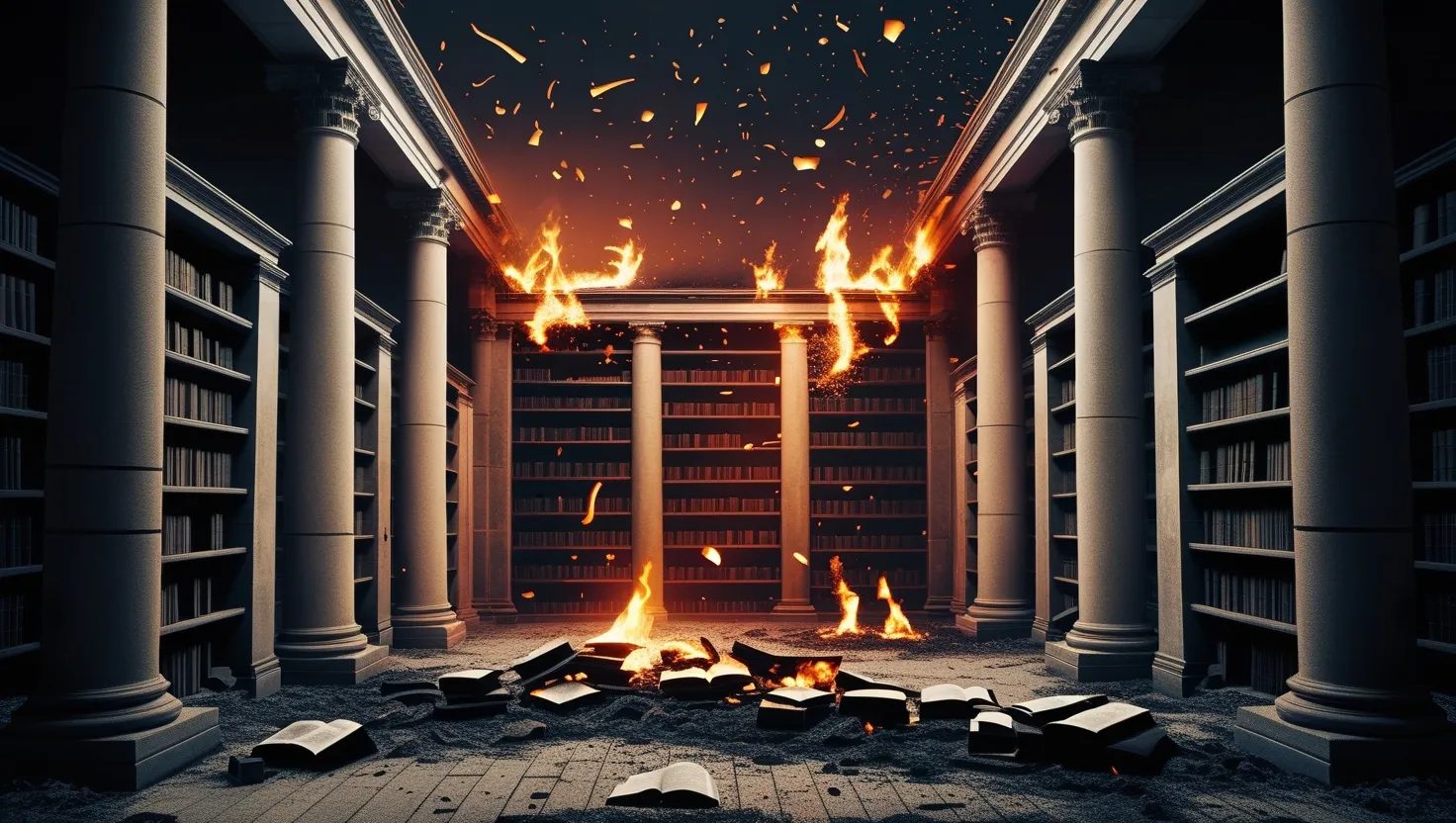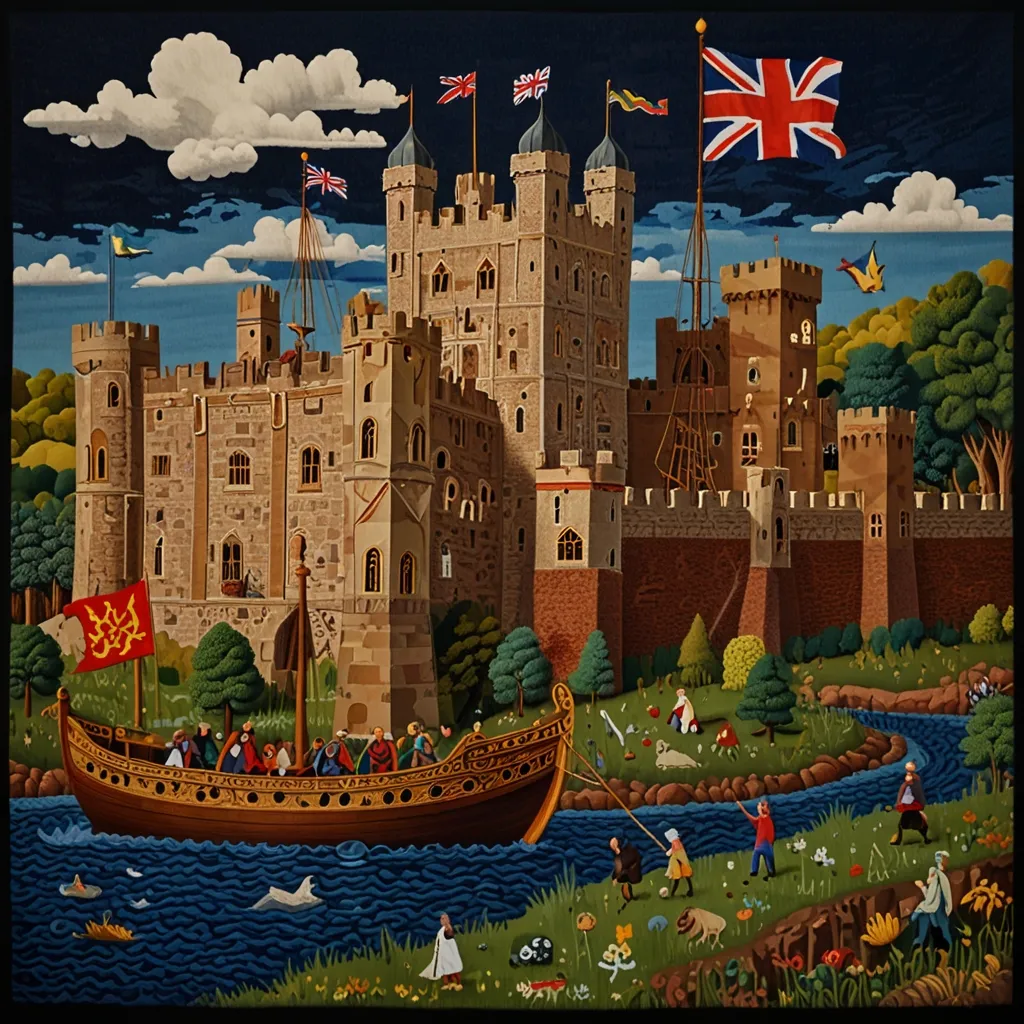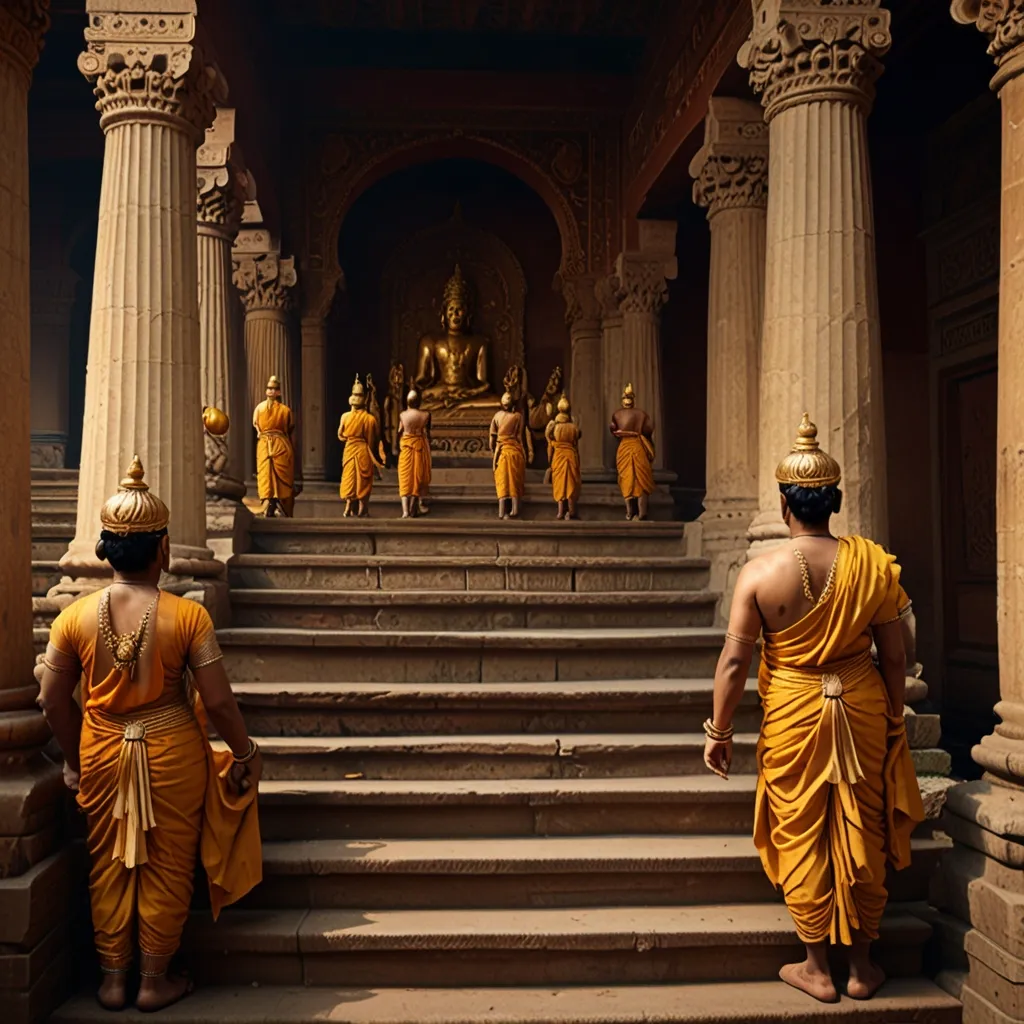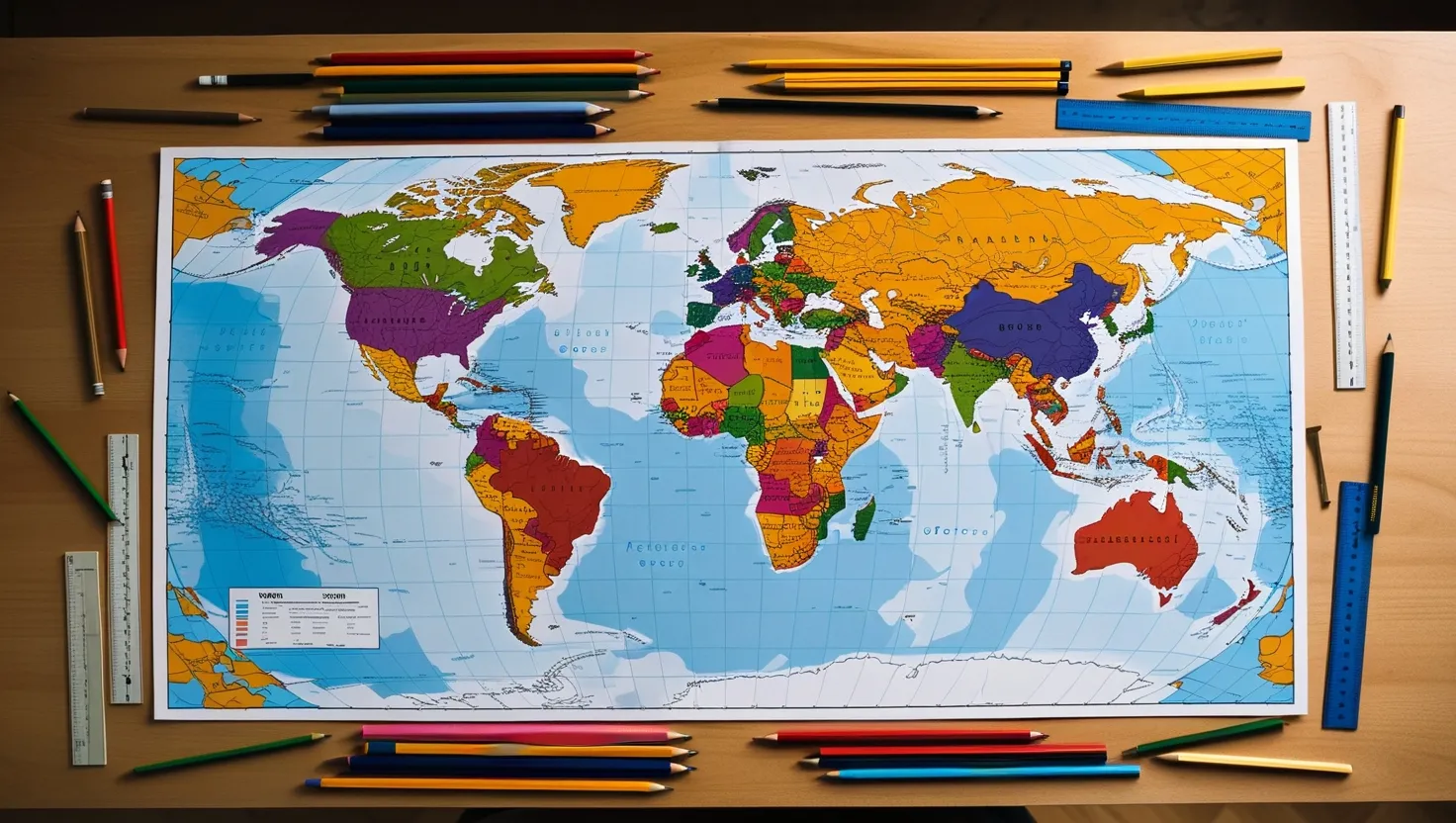Throughout centuries, societies have gone to great lengths to control what people know and remember. One of the most dramatic and often chilling tools used for this purpose has been the destruction of books. When I think of book burnings, I don’t just see piles of smoldering paper. I see the silencing of voices, the erasure of memory, and the reshaping of entire civilizations. Some moments of fire left irreparable gaps, while others, in a strange twist, spurred cultural revolutions no one could predict. Why would those in power go so far as to destroy the written word? And what echoes from those burns still shape us today?
“When you burn books, you end up burning people.” These words from Heinrich Heine still ring out as a warning. We tend to remember the spectacle of Nazi book burnings—students tossing banned works into open flames while crowds cheered, the smoke rising as a signal to anyone who might dissent. But this was more than a spectacle. It was a calculated act, staged for maximum propaganda impact. The goal was to set the boundaries not just of acceptable books, but of acceptable thought. Lists of forbidden authors included not only political adversaries but also scientists, playwrights, and poets. With more than 25,000 volumes lost in a single night in 1933, the aim was to unwrite cultural memory and rewrite what it meant to be German. In that moment, the lines between censorship and violence blurred irreversibly.
It’s easy to point to such events and think, “How could they?” Yet, history repeats the pattern in places and times far apart. The story of the Qin dynasty in ancient China, for instance, is equally unsettling. In 213 BCE, Emperor Qin Shi Huang feared that the teachings of Confucius and other rival schools threatened his new empire. His command to burn the Confucian texts wasn’t just about consolidating power—it was about narrowing the boundaries of thought. The destruction was so thorough that many philosophical traditions vanished for centuries. Did Qin imagine that erasing his intellectual adversaries would render his rule eternal? Ironically, the resentment stoked by this act may have contributed to the dynasty’s rapid fall. Once the dust settled, later rulers would scramble to recover and canonize what little remained, sometimes going so far as to invent “ancient” texts to fill the gaps.
What does it feel like to never know the stories your ancestors wrote? The 16th-century burning of Mayan codices is a tragedy whose full scale remains unfathomable. Spanish missionaries, convinced they were stamping out heresy, destroyed thousands of delicate bark-paper volumes. These weren’t only religious texts; they included astronomical charts, calendars, histories, and poetry. Only four codices survived the flames. For modern descendants, this isn’t just the loss of information—it’s a severed connection to an entire worldview. Can a culture recover when its memory is reduced to fragments? Generations of scholars still puzzle over the lone survivors, trying to reconstruct what was lost.
And then there’s the Library of Alexandria. I find the legend almost mythic: a place where scrolls from every known culture lined the shelves, scholars gathered to debate, and the boundaries of knowledge were always expanding. Many people imagine a single catastrophic fire, but the truth is messier. It suffered multiple waves of destruction—by Romans, Christian mobs, and later armies. Each event chipped away at what was likely the largest collection of classical works in the world. The cumulative effect? The Western world lost works on mathematics, astronomy, and philosophy that might have changed the course of science. How different might our understanding of the world be if those texts had survived? Sometimes, a gap in the record is a loss not only for one city or era, but for all of humanity.
“Where they have burned books, they will end in burning human beings.” Heine’s warning plays out again and again, echoing far beyond Europe. Renaissance Florence, for example, was among the brightest centers of art and humanism. Yet in 1497, the Dominican friar Savonarola orchestrated the infamous “Bonfire of the Vanities.” Not just books but paintings, sculptures, and luxury items fuelled the flames in Florence’s central square. Was this merely religious zealotry, or a targeted attack on the new ideas transforming European thought? Perhaps both. The short-lived theocracy that followed crumbled, but the psychological impact of the purge lingered. Some say the bonfire inadvertently helped trigger a backlash that strengthened secularism and art in the long run, as Florentines recoiled from enforced austerity.
So what connects all these events? Is it only that powerful people fear ideas? Or is it something deeper—a realization that controlling memory means controlling identity? Tyrants burn books in hopes of stopping change, but as history shows, the consequences rarely unfold as intended. When the Qin burned the texts, they created a legend of lost wisdom that haunted later dynasties. When the Nazis staged their burnings, they revealed the threat posed by dissenting thought and inadvertently immortalized the very authors they sought to erase. And when missionaries destroyed the Mayan codices, they made those few survivors objects of almost sacred reverence, studied and protected with a care their destroyers would never have imagined.
What, then, do we do with these lessons? The world today is more interconnected than ever, but also more fragile. Instead of flaming pyres, we see digital blackouts: websites disappear, archives are hacked or erased, entire digital histories lost in moments. Does deleting a tweet matter as much as burning a book? The scale may differ, but the impulse to control and curate collective memory remains.
“When I have a little money, I buy books; and if I have any left, I buy food and clothes.” Erasmus’ words make me think about what’s truly essential for human progress. The stories of the book burnings remind us that books are much more than objects. They’re vessels of memory, voices of dissent, blueprints for futures not yet written. When they are lost, we lose a piece of ourselves.
Book burnings also force us to ask uncomfortable questions about our own blind spots. What knowledge are we overlooking or suppressing, intentionally or not? And if history is shaped by what survives, how are we safeguarding the voices of today’s minorities, rebels, and dreamers?
The paradox at the heart of these stories is hard to ignore. Attempts to erase ideas tend to make them more potent. The forbidden often becomes the most sought-after. In trying to silence discussion, censors spark curiosity. The act of burning a book is never just about paper; it sets in motion debates, legends, and sometimes new movements.
Could it be that the memory of these burnings is itself a sort of resistance? As we read about these lost works, we are compelled to recreate, to retell, to fill the void with new stories. Every new generation that learns about the Mayan codices or the books tossed into flames in Berlin takes up the work protecting and celebrating free thought.
“A room without books is like a body without a soul.” Cicero’s words serve as a reminder that even when physical texts are gone, their spirit can linger in the questions we continue to ask.
Ultimately, these book burnings show us the stakes of memory and imagination. Destruction may come quickly, but rebuilding and reimagining takes courage and time. Our challenge is to remember that even the ashes can teach. If you had the chance to save one book for the future, what would it be? And what stories are you writing—literally or figuratively—that you hope will survive whatever flames might come?
In thinking about these five seismic acts of erasure, I see not just what was lost, but also the stubborn persistence of human curiosity. Censorship draws boundaries, but the urge to cross them seems to be written into our DNA. Each time a fire is lit, somewhere a reader pauses, remembers, and chooses to keep a story alive. Maybe that’s the real legacy of every book burning—not the silence, but the resilient and sometimes rebellious refusal to forget.






